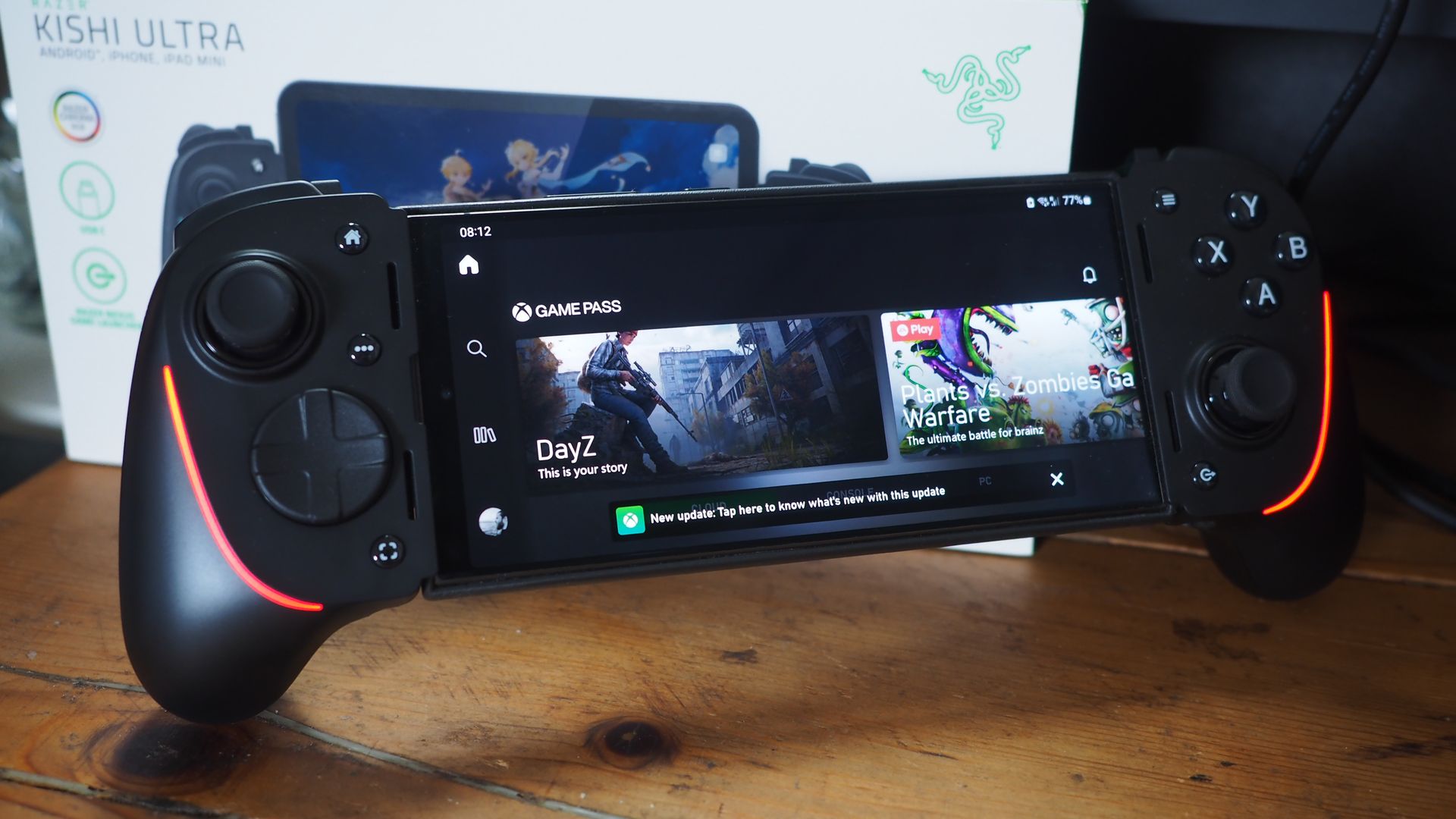Windows 7 voted most innovative Microsoft OS by Windows Central readers
Windows 7 eked out a victory against Windows 95 to be crowned the most innovative version of Windows by our readers.

All the latest news, reviews, and guides for Windows and Xbox diehards.
You are now subscribed
Your newsletter sign-up was successful
What you need to know
- Windows enthusiasts believe Windows 7 was the most innovative version of Windows, according to a recent poll.
- Windows 95 earned a close second place, trailing behind Windows 7 by just over one percent.
- Several voters argued that Windows XP was the most innovative, as it introduced the NT core to many PC users.
Windows 3.1 turned 30 years old last week. To celebrate the anniversary of the OS, we ran a poll to see which version of Windows our readers believed was the most innovative. After a close campaign, Windows 7 (24.86%) defeated Windows 95 (23.36%) by a narrow margin. Windows 10 (14.57%) and Windows 8/8.1 (13.2%) also received noteworthy numbers of votes.
While Windows 7 drew the plurality of the votes in our poll, very few people commented about the operating system. One user, Andrew G1, noted that Windows 7's main innovation was stability.
"I'm not sure I know what constitutes innovation in an OS. All I can say is Windows 7 had the innovation of not crashing on me nearly as often as previous versions. My main OS was still some version of GNU/Linux, usually with KDE."
We added an "other" option in case anyone felt a different version of Windows was the most innovative. Several people pointed to the innovation of Windows XP in our comment section.
"Why isn't XP on your list? First to merge the NT/Consumer cores and way too many other things to name. I had to pick Win95, since it changed Windows significantly from 3.x," said christopherandroid. "However, XP is as transformative for what it did under the hood as 95's UI improvements."
Our readers don't appear to rank the innovations of early versions of Windows highly. Windows 3.0/3.1 only earned 2.94% of the votes, while Windows 1 received just 0.57%.
All the latest news, reviews, and guides for Windows and Xbox diehards.

Sean Endicott is a news writer and apps editor for Windows Central with 11+ years of experience. A Nottingham Trent journalism graduate, Sean has covered the industry’s arc from the Lumia era to the launch of Windows 11 and generative AI. Having started at Thrifter, he uses his expertise in price tracking to help readers find genuine hardware value.
Beyond tech news, Sean is a UK sports media pioneer. In 2017, he became one of the first to stream via smartphone and is an expert in AP Capture systems. A tech-forward coach, he was named 2024 BAFA Youth Coach of the Year. He is focused on using technology—from AI to Clipchamp—to gain a practical edge.
